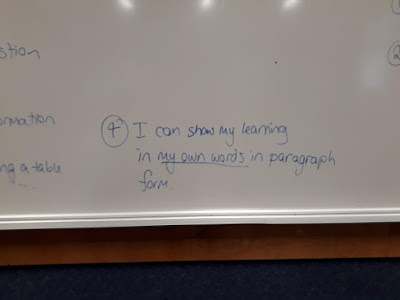First up, let's look at what we mean by "evaluating."
SOLO thinking can help us work up to evaluating:
1.
Identify the ball - the half pink and half yellow ball in the front right hand side of the photo.
2.
Describe the ball - the ball is a medium-sized bouncy ball made from rubber or plastic.
3.
Explain how the ball works - the ball is used for games such as four square and volleyball, where it is bounced or passed between players.
4.
Evaluate the quality of the ball - this is a good beginner ball for young sports players, as it bounces easily but does not hurt too badly if you get in the way. It is less useful for serious basketball as it doesn't have the capacity to be pushed really hard and it is a bit small.
Now, let's try the same steps for a piece of written text which could be a source for the question:
What events lead to the creation of a world sport called Motocross?
Read this text
1. Identify the text - URL, title, author and date it was written.
2. Describe the text - What is the text about (two sentences)?
3. Explain how the sport was created (4-5 sentences).
4. How useful was this text for researching the creation of a world sport called Motocross? - what information was relevant? What information is missing that you still want to know?








